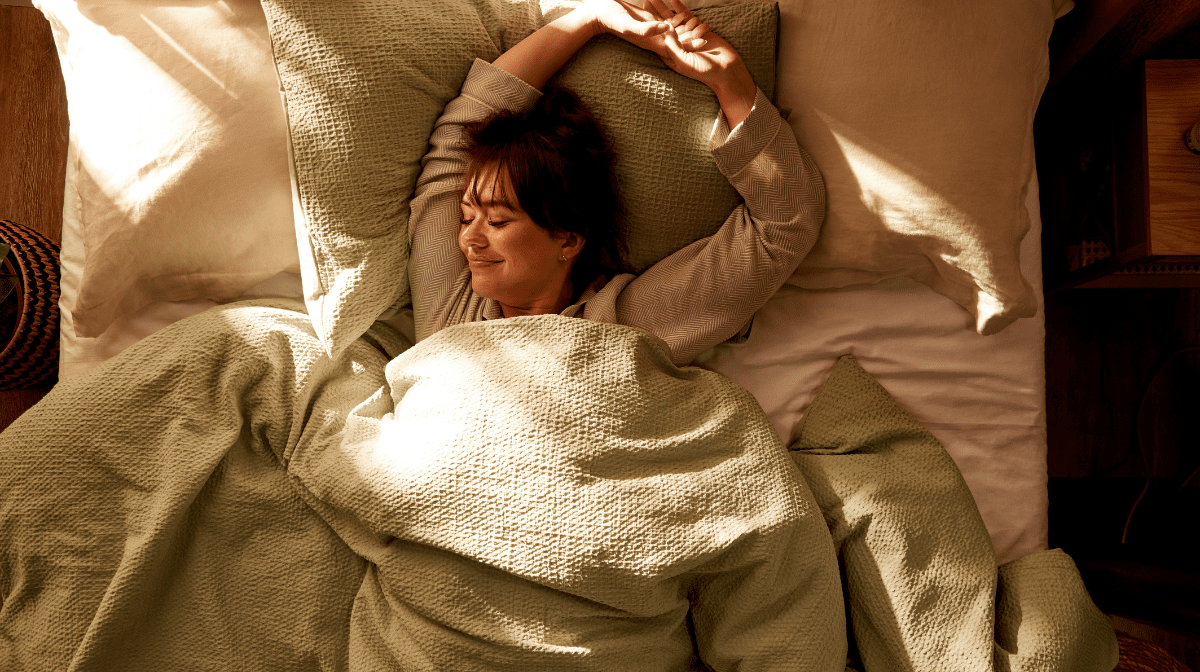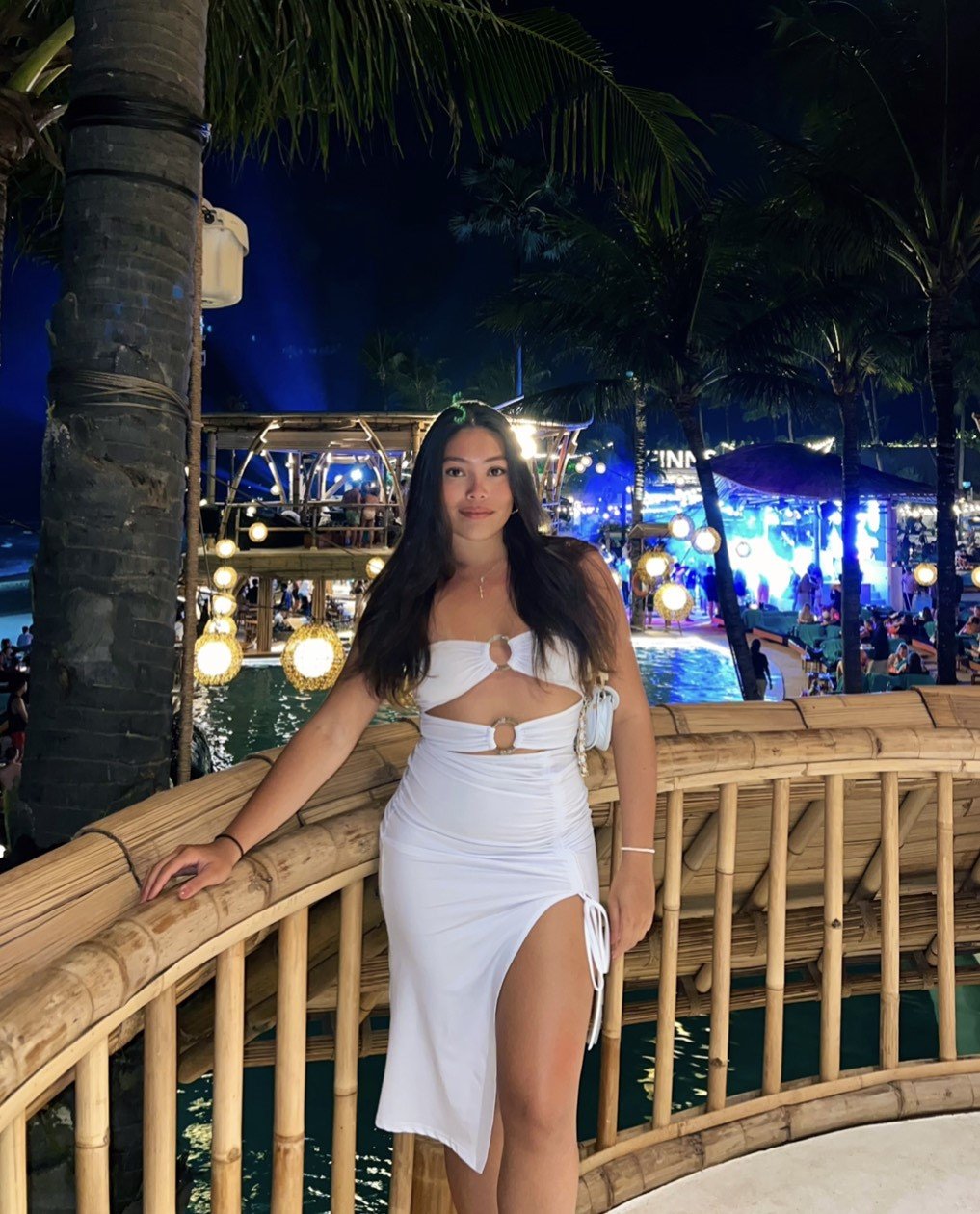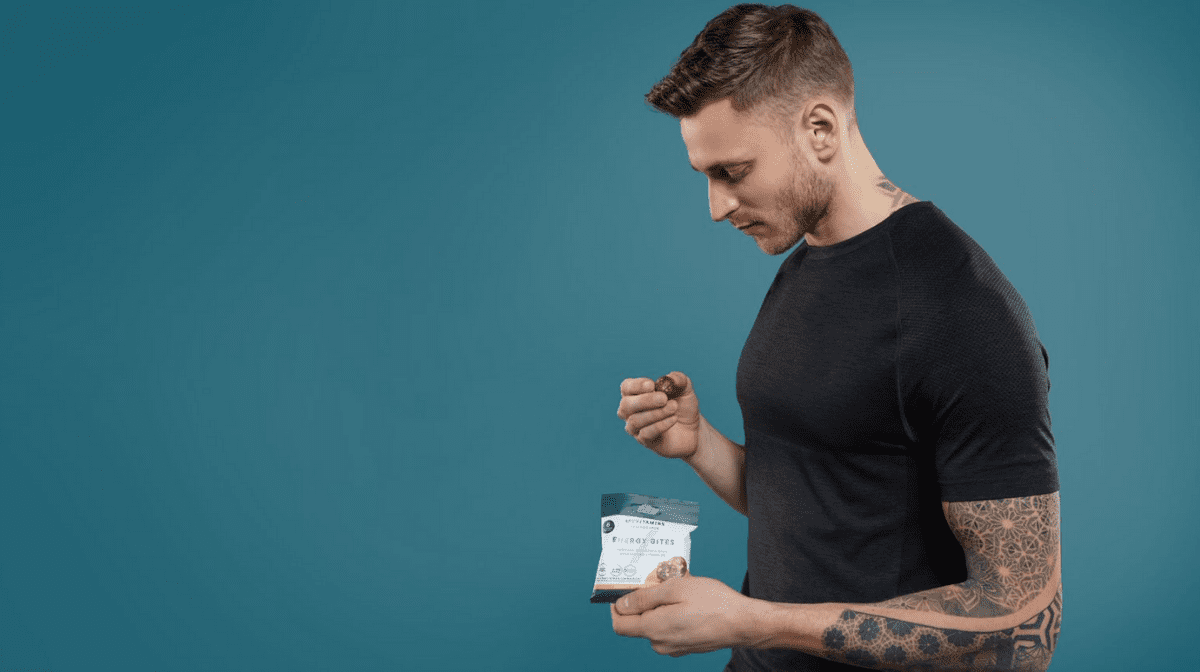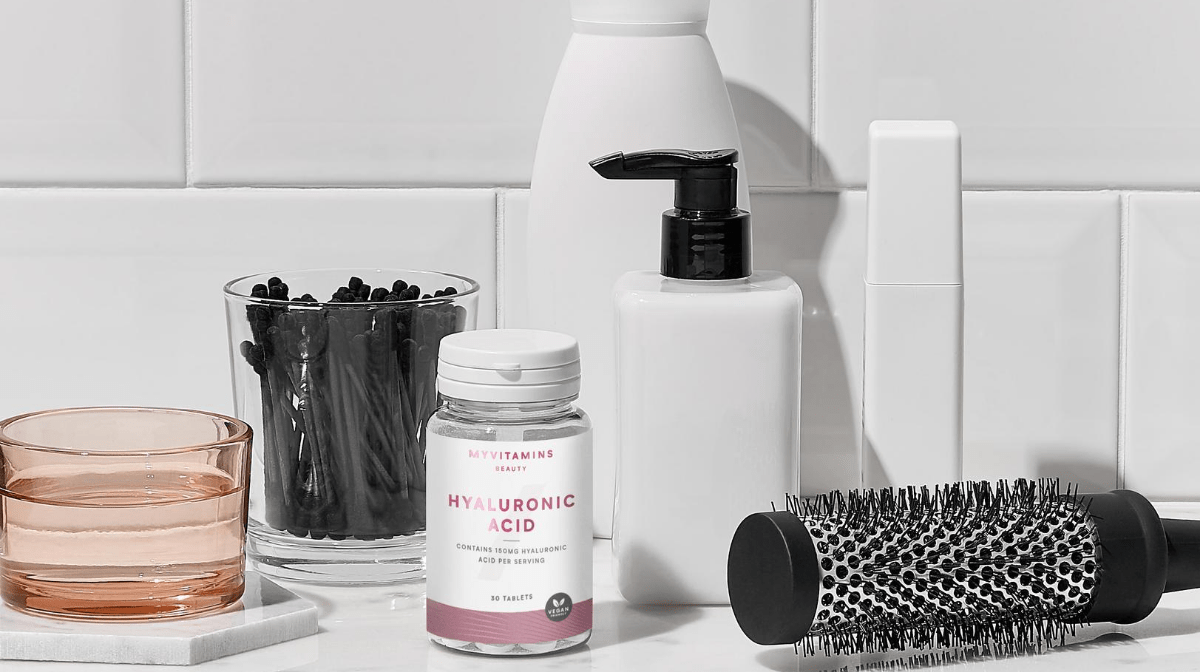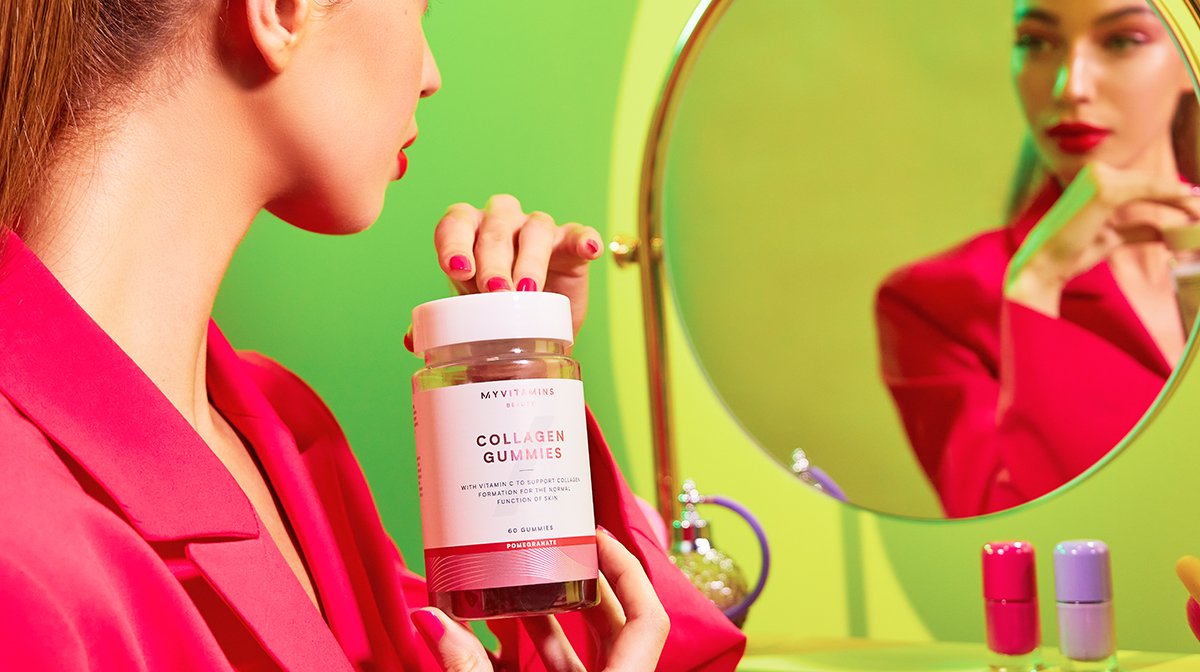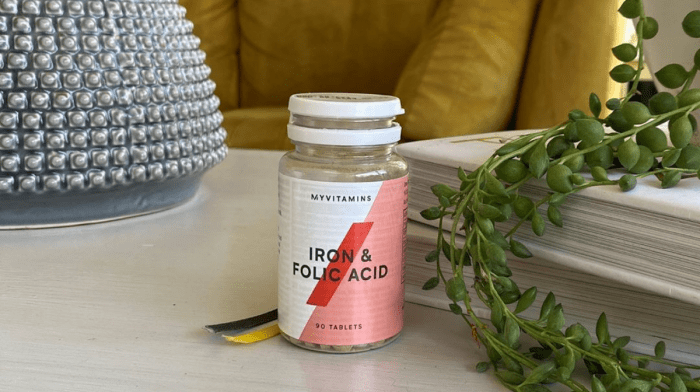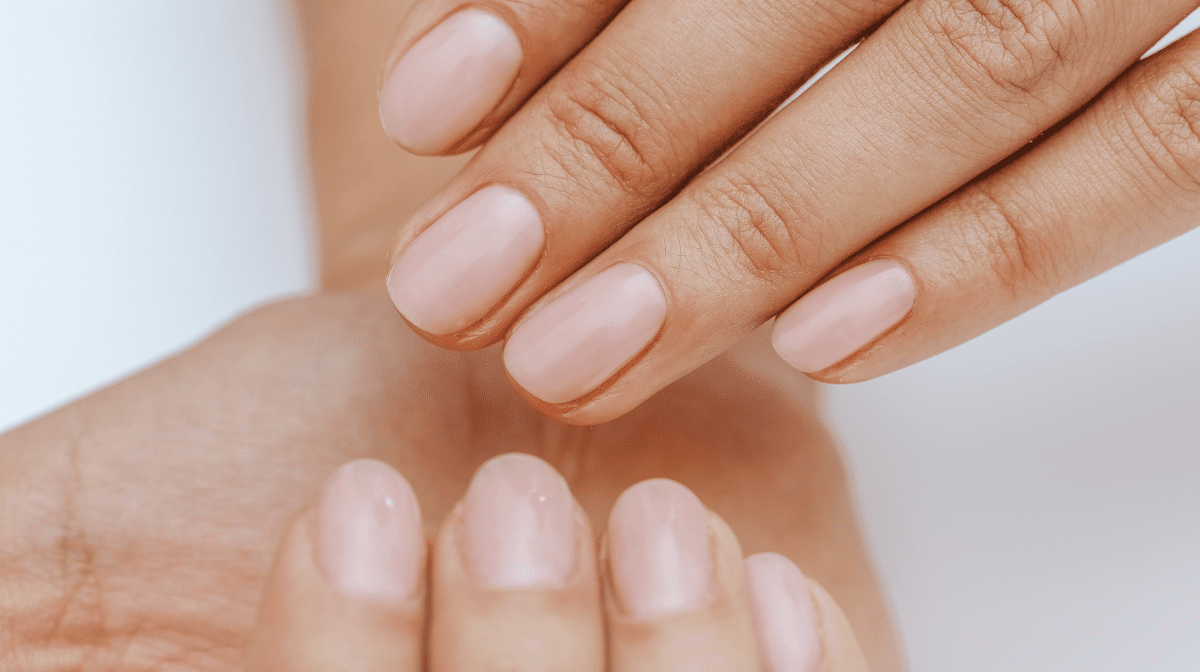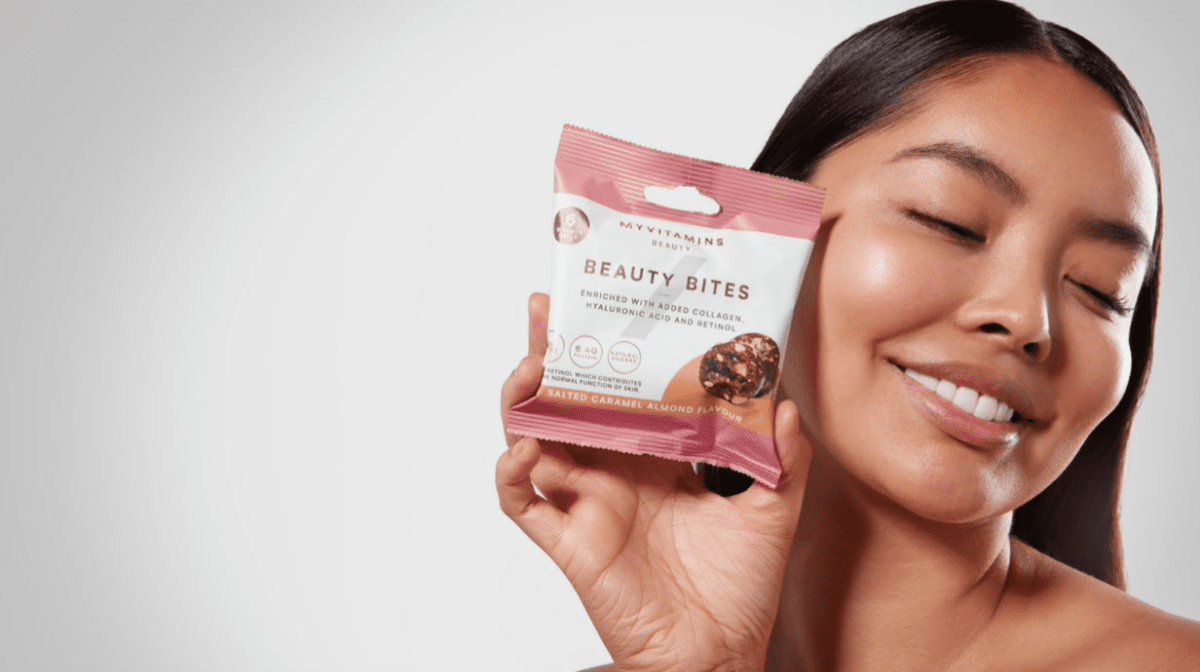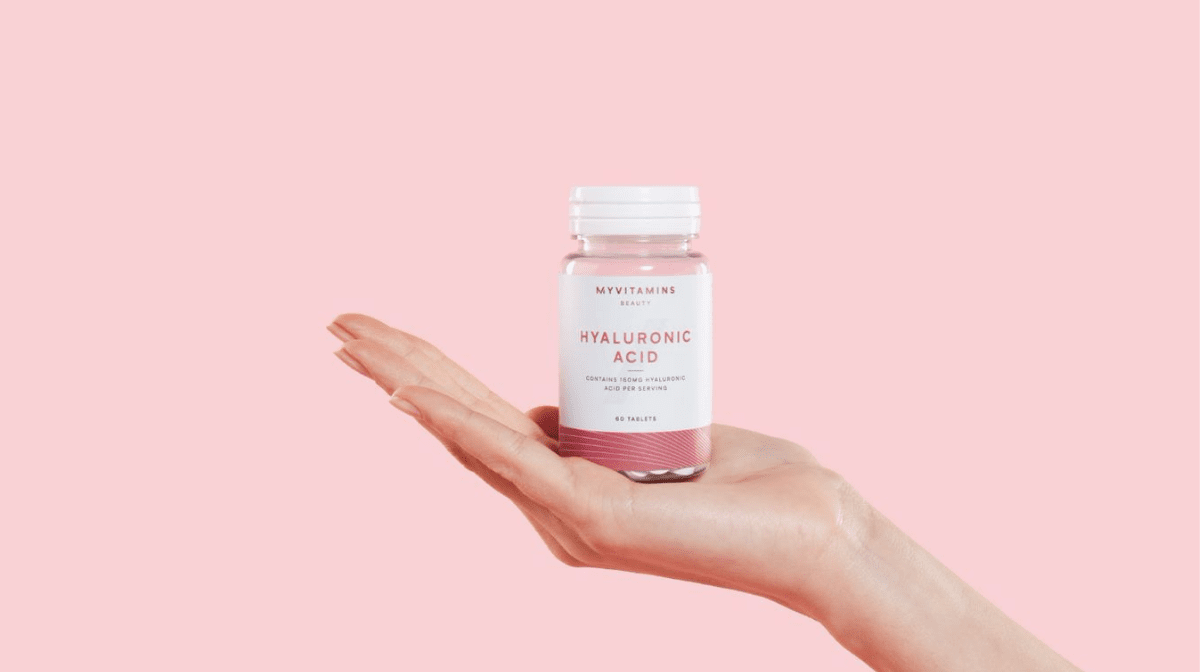Yes, eating a balanced diet, staying hydrated and exercising are essential parts of living a healthy lifestyle, but sleep is one of the most important aspects of it. During your sleep your body is constantly working to support your mental and physical health (1). When you are asleep, you go into recovery mode, allowing your brain and body to slow down (2).
There are four stages of sleep that are broken down into two categories, REM sleep and non-REM sleep which are all vital for your general wellness (3). The first two stages are simply your body calming down and transitioning into sleep, whereas stage three is your deep sleep, this is when your body is resting at a maximum (3). The last stage is when your brain mimics what it’s like when you’re awake. Why is this important? To process emotions, promote brain development, process memory consolidation and dream! (4)
Without the right amount of proper sleep, your day-to-day life can be severely affected, from your focus, your mood, your judgment to your energy levels (5). It is so important to get adequate sleep to reduce the likelihood of long-term health issues.
Here are the top 10 tips to help you sleep better:
- Exercise and Move
- Reduce Exposure To Blue Light
- Avoid Caffeine After 2PM
- Change Your Eating Habits
- Take Sleep Supplements
- Set A Bedtime & Stick To It
- Have The Perfect Room Setting
- Avoid Long Naps
- Lessen Your Alcohol Intake
- Relax And Clear Your Mind
Exercise and Move
Everyone knows the importance exercise has for our health, but many don’t realise how much it can help with improving your sleep. Movement during the day tires out your body and reduces stress, allowing you to fall asleep quicker at night (6). It is suggested, however, to avoid exercising late at night due to endorphins getting released and instead exercising outdoors in the morning.
Whether it’s a stroll, a run or intense hiit and heavy lifting workouts, try and include an hour or two a day of exercise to benefit your mind and body.
Reduce Exposure To Blue Light
Your TV’s, computers, phones and kindles are sources of blue light that can trick your brain into thinking its daytime, which in turn keeps you awake at night as blue light restrains the secretion of melatonin (7).
There are a few things you can do, wear anti-blue light glasses, change the settings on your devices or simply put any devices down within the hour before you sleep.
Avoid Caffeine After 2PM
Limiting your caffeine intake in general has great health benefits. Caffeine is in many things we drink, including sodas, coffee, tea, energy drinks and more so it can be hard to stay away from it. It increases the activity of your central nervous system meaning your alertness and your heart rate are heightened, making you feel more awake (8).
It’s okay to drink your cup of morning coffee, but it is important to set a boundary, even if you’re desperate for your bed at 3PM!
Change Your Eating Habits
Yes, a midnight snack always sounds like a great idea until you’ve got a bloated tummy. Your body needs time to digest the food you eat, and it is difficult for it to rest properly at night when your tummy is full.
Try and eat your dinner at least four hours before you go to bed to ensure that digestion won’t interfere with the natural release of melatonin (18).
Take Sleep Supplements
If you have tried to apply changes to your lifestyle and still struggle to get sufficient sleep, try sleep supplements to support yourself. High quality sleep is essential for brain function and immune health. Our Sleep & Relaxation range is designed to help you sleep easily at night, so you can feel your best during the day.
